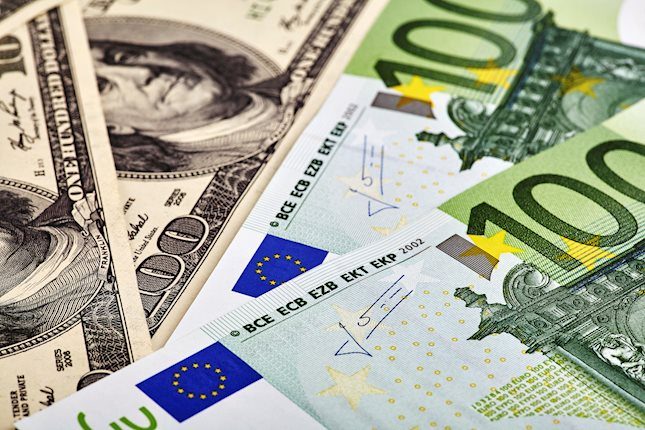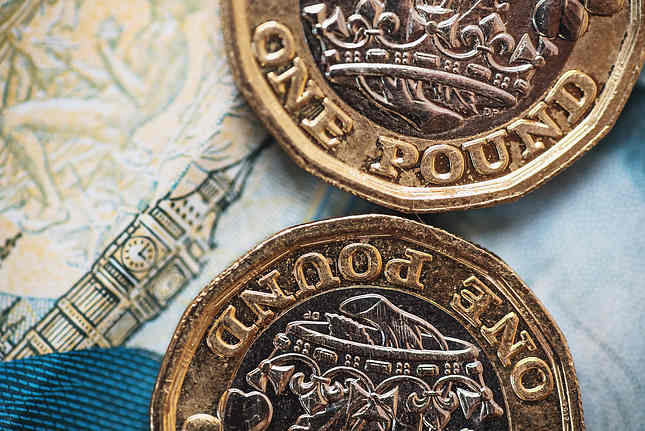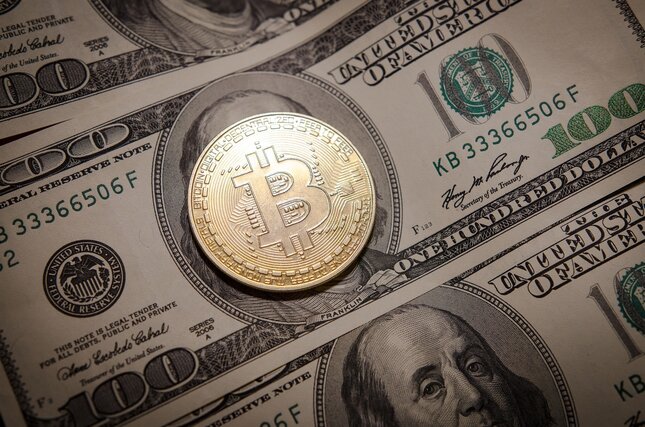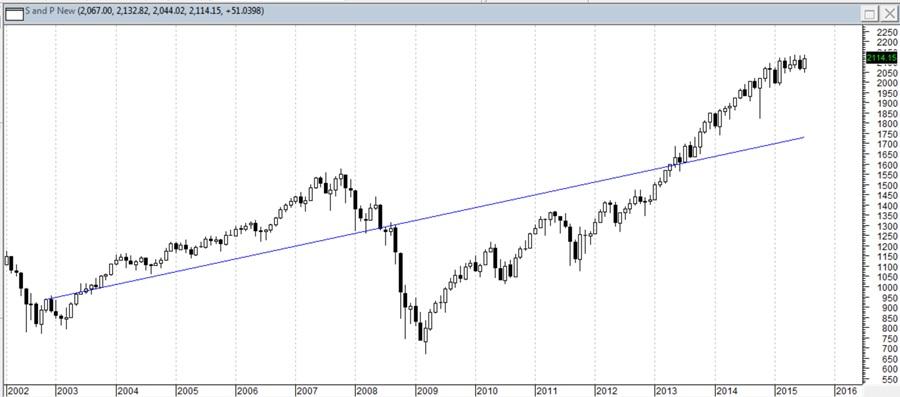Outlook:
Another cliffhanger is developing in Greece. It’s entirely possible that the Greek deal for a third bailout, complete with one bridge loan, will still fail because the Greek parliament is judged unwilling to tax farmers the same as everyone else and Tsipras removed that requirement from the bills just passed overnight. But the creditors demand it. Full compliance is needed by Aug 7 to allow time for disbursement ahead of a €3.2 billion payment to the ECB on Aug 17. But parliament will be thinned out by a third in Aug (heaven forbid anything interfere with holidays) and Tsipras doesn’t have the votes. This is more than a sticking point—it speaks to the culture of preferential treatment, general avoidance of taxes and citizens lying to the government. We no doubt have plenty of “farmers” in the US—we still have a splendid Christmas tree farm scam—but it’s not endemic. When it comes to Greece, if anything can go wrong, it will.
In the US, the bond market is starting to prepare for the Fed rate hike, whether September or postponed to later. We hope to get a clue or two at next week’s FOMC. Market News reports the chief form the preparation takes is curve flattening—“Both the 2/10-year (to +161.2 bps) and the 5/30-year curve (to about +137.2 bps) flattened about 4 more basis points. The longer end of the curve did better due to the usual culprits: lower oil, falling stocks, Greece concerns, looming month end buying needs and less cor-porate supply.”
The FT notes that in addition to preparatory flattening, there is a seasonal effect—net bond supply falls in the summer. BoA/ML says that since 2000, “bond yields in the US, eurozone and the UK are between 20-25 per cent more likely to fall in July and August than any other months.”
Market News reports the Citibank July Interest Rate Survey, which contains some bizarre findings: about 60% expect Fed lift off in September, up from 50% in June but nowhere near the 80%+ the WSJ survey finds. And about 60% expect another three Fed hikes in the 12 months following the first hike. Three! This means, among other things, that the survey respondents did not hear Yellen say, re-peatedly, that the pace of hikes will be gradual, gradual, gradual. In the UK, the BoE is saying the same thing—the trajectory will be low. What’s going on—do the bond boys see more inflation coming down the pike than anyone else? Why do they not believe the Fed?
Just in time, the WSJ reports a new paper from Harvard economists Jeremy Stein (former Fed Gov) and Adi Sundaram that says the Fed should stop paying attention to the bond market. It inhibits the Fed’s ability to operate. “It can be valuable for a central bank to develop an institutional culture and set of norms such that a concern with bond-market volatility does not play an outsized role in policy delibera-tions. In other words, it can be useful for monetary policymakers to build a reputation for not caring too much about the bond market.”
While the dollar is undergoing a correction, having gotten horribly overbought, it’s hard to see the effect of upcoming rate hikes. But we all know what those effects are—outflows from emerging market cur-rencies, etc. It’s an odd world in which the Reserve Bank of New Zealand is cutting rates and will cut again, probably in Sept, as the Fed is raising them. In fact, the US and UK are out all alone in the rising-rate mode. As noted before, the IMF wants the US to stay its hand until next year, although we think we heard Yellen decline to overweight external developments. A good crisis might do, though.
Another thing we think we know is that the advent of a tightening cycle is not necessarily death to equi-ties. The last time—end-June 2004—the S&P rose 7.2% in the ensuing 6 months. Okay, it fell over 3% in the first month, but then it recovered. And we all know what came next—an unprecedented rally, interrupted by the Great Recession crisis. See the chart.
We continue to think normalization is a wonderful thing that can’t come soon enough. For FX purposes, we should probably expect that normalization is already largely priced in but not fully priced in. We keep getting asked whether the euro will revisit 1.0500 or parity as forecast when tapering was announced. The answer is yes. Now we just need the bond market to start agreeing and that yield spread to widen back to a fat premium for the dollar. In the meanwhile, enjoy the euro correction while it lasts.
Note to Readers: We will not publish any reports the week of Aug 3-7. Cape Cod beckons.
This morning FX briefing is an information service, not a trading system. All trade recommendations are included in the afternoon report.
Recommended Content
Editors’ Picks

EUR/USD clings to recovery gains near 1.0850 ahead of Fedspeak
EUR/USD trades in positive territory near 1.0850 on Friday following a four-day slide. China's stimulus optimism and a broad US Dollar correction help the pair retrace the dovish ECB decision-induced decline. All eyes remain on the Fedspeak.

GBP/USD pares UK data-led gains at around 1.3050
GBP/USD is trading at around 1.3050 in the second half of the day on Friday, supported by upbeat UK Retail Sales data and a pullback seen in the US Dollar. Later in the day, comments from Federal Reserve officials will be scrutinized by market participants.

Gold at new record peaks above $2,700 on increased prospects of global easing
Gold (XAU/USD) establishes a foothold above the $2,700 psychological level on Friday after piercing through above this level on the previous day, setting yet another fresh all-time high. Growing prospects of a globally low interest rate environment boost the yellow metal.

Crypto ETF adoption should pick up pace despite slow start, analysts say
Big institutional investors are still wary of allocating funds in Bitcoin spot ETFs, delaying adoption by traditional investors. Demand is expected to increase in the mid-term once institutions open the gates to the crypto asset class.

Canada debates whether to supersize rate cuts
A fourth consecutive Bank of Canada rate cut is expected, but the market senses it will accelerate the move towards neutral policy rates with a 50bp step change. Inflation is finally below target and unemployment is trending higher, but the economy is still growing.

Best Forex Brokers with Low Spreads
VERIFIED Low spreads are crucial for reducing trading costs. Explore top Forex brokers offering competitive spreads and high leverage. Compare options for EUR/USD, GBP/USD, USD/JPY, and Gold.
